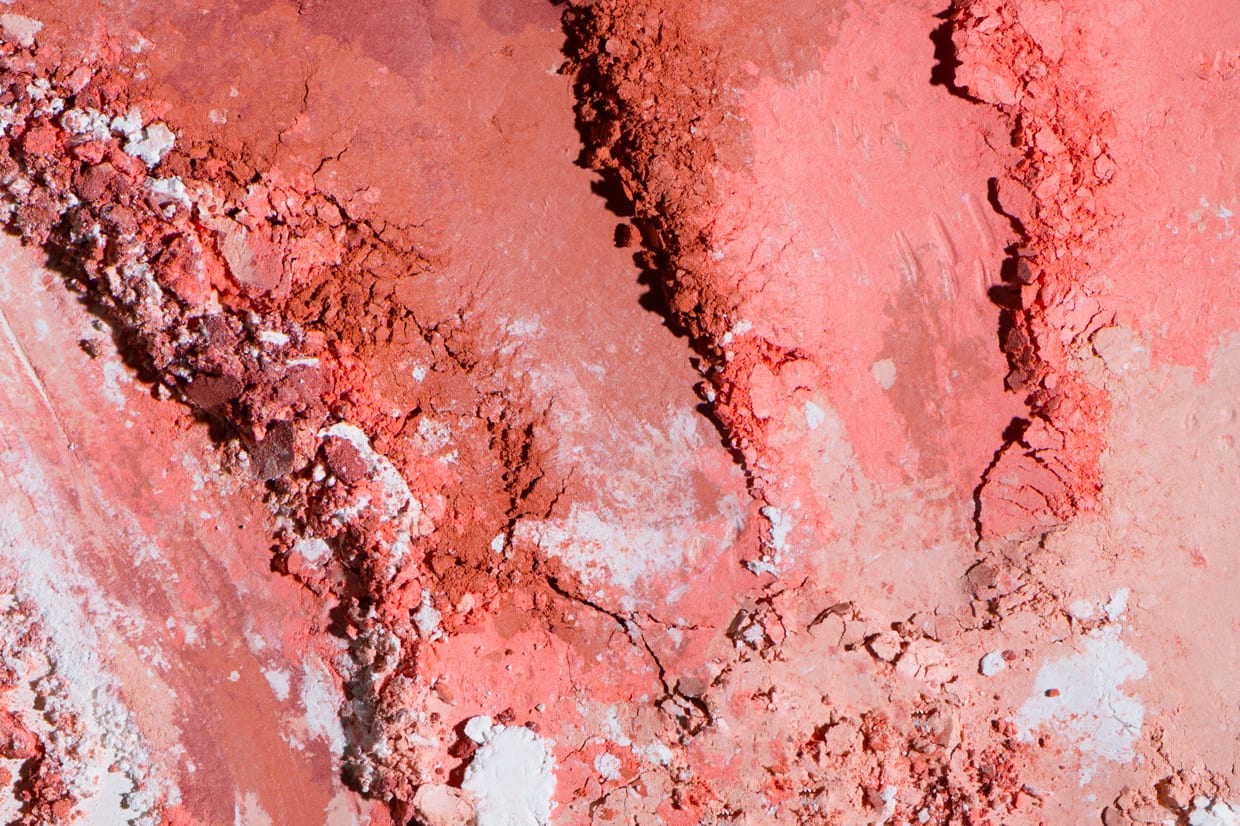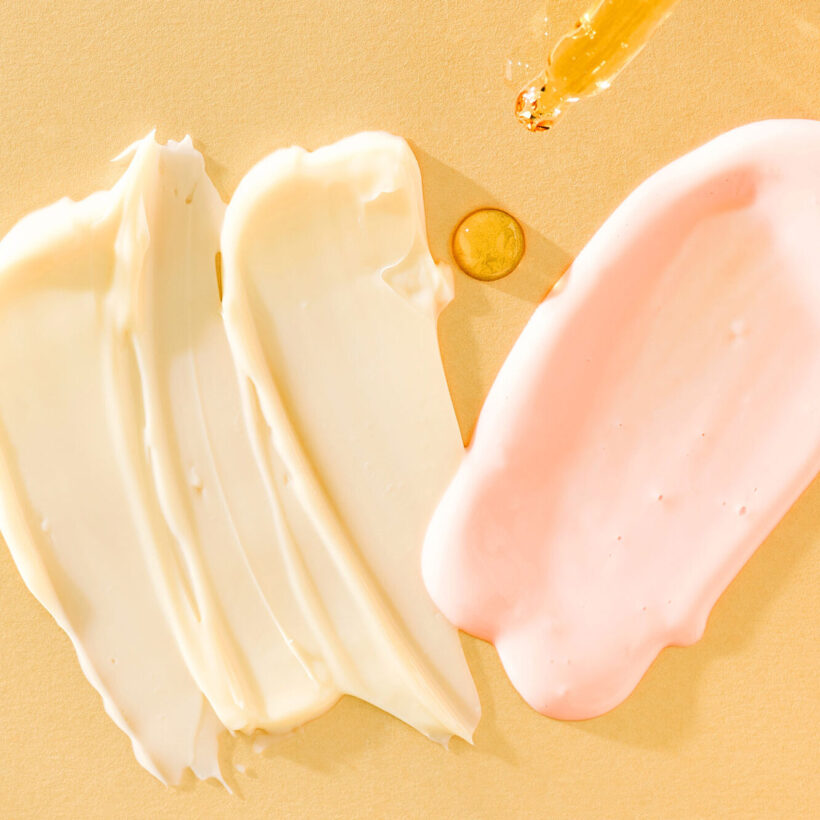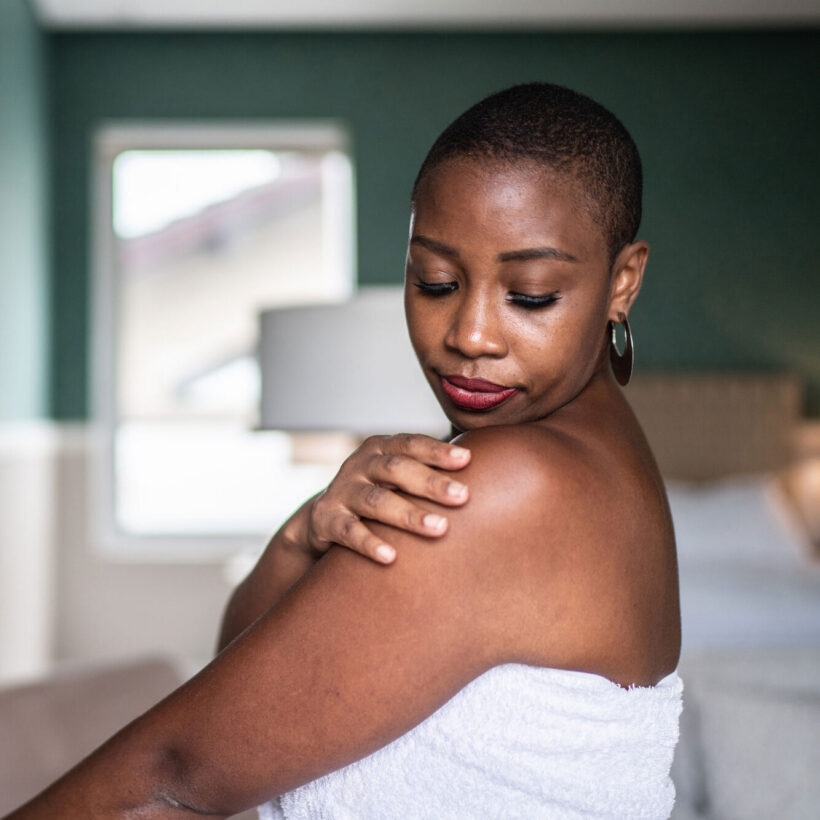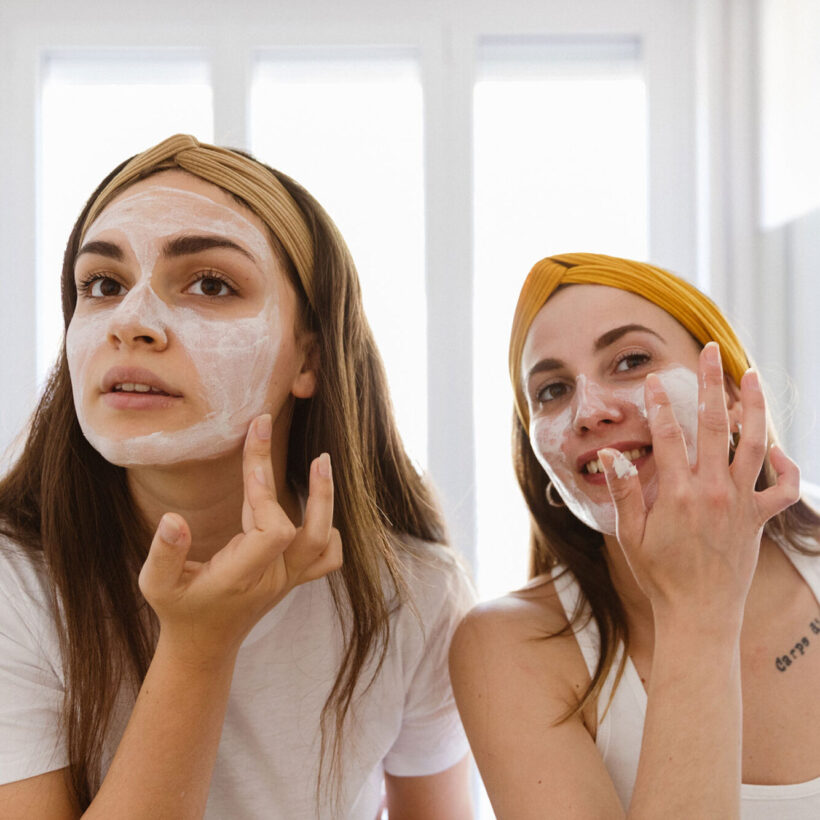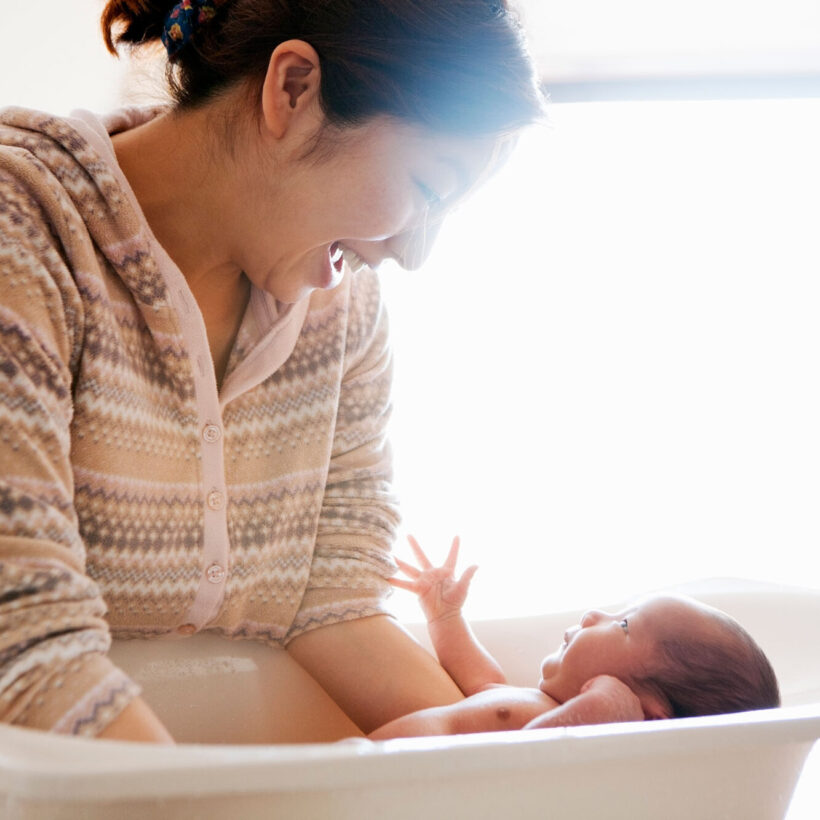“I’ve definitely noticed that clients are becoming more aware of what goes into their cosmetics, whether it’s for health or animal rights concerns,” says Lucy Flint, founder of Miss Harlequin, a New York-based bridal makeup and hair studio. Flint works exclusively with vegan cosmetics. “A product being vegan or cruelty free is a big consideration for a lot of women when choosing which beauty products to buy, and you see major brands changing formulas or getting their products certified cruelty free as a response.”
In the color cosmetics world, vegan is the newest buzzword. It’s a philosophy, an Instagram hashtag (around 70 million photos), a movement and value system inhabited by health-conscious millennials and members of Generation Z.
https://www.instagram.com/p/B4cxv7hnhRP/
No longer considered the hippy-dippy counterpart to synthetic, artificially produced makeup, the vegan cosmetics craze is booming. According to NPD Group, vegan and cruelty-free cosmetics brands — the trend is particularly prevalent in the niche and independent brands — represent 32 percent of the prestige makeup market in the U.S. Within the last year, over a third of vegan beauty and personal care launches throughout the world were in the color cosmetics space, and in the first half of the year, vegan and cruelty-free brands sold in limited distribution (i.e., three retailers or less), grew by 20 percent.
Very trendy and popular among millennials brands like Milk Makeup, e.l.f. Cosmetics and Cover FX all have vegan cosmetics. Other labels, such as Charlotte Tilbury, offer a vegan assortment within its product line, calling out certain primers, lipsticks and eye pencils. And luxury cosmetics brand Hourglass, which sells at high-end outposts like Barneys and Nordstrom, pledged its entire assortment will be vegan by 2020.
But what exactly is vegan makeup, and how does it differ from other trending words in the all-natural beauty space, such as cruelty-free?
Vegan products cannot contain animal ingredients or animal-derived ingredients, which include ingredients like gelatin, honey, collagen, beeswax, lanolin and more. Additionally, items tested on animals can claim to be vegan because using the label vegan is not regulated — it can solely be used to note that a product does not contain animal ingredients. Cruelty-free means that over the course of creating the product, there is zero animal testing. This distinction is particularly important when determining the difference between vegan and cruelty-free.
Is your head spinning yet? Don’t stress. If going vegan in your makeup collection is something you want to pursue, you can make the switch slowly and in stages without having to sacrifice quality. “I have seen no difference between high-quality vegan formulas and high-quality conventional makeup brands,” says Flint. “In my experience, the most common animal-derived ingredients used in cosmetics have vegan alternatives that perform just as well. Carnauba or candelilla wax are great swaps for the beeswax, and oil from sheep’s wool can be replaced very effectively with shea or cocoa butter, while the beetle-derived colorant carmine can be easily matched with fruit or food dyes.”
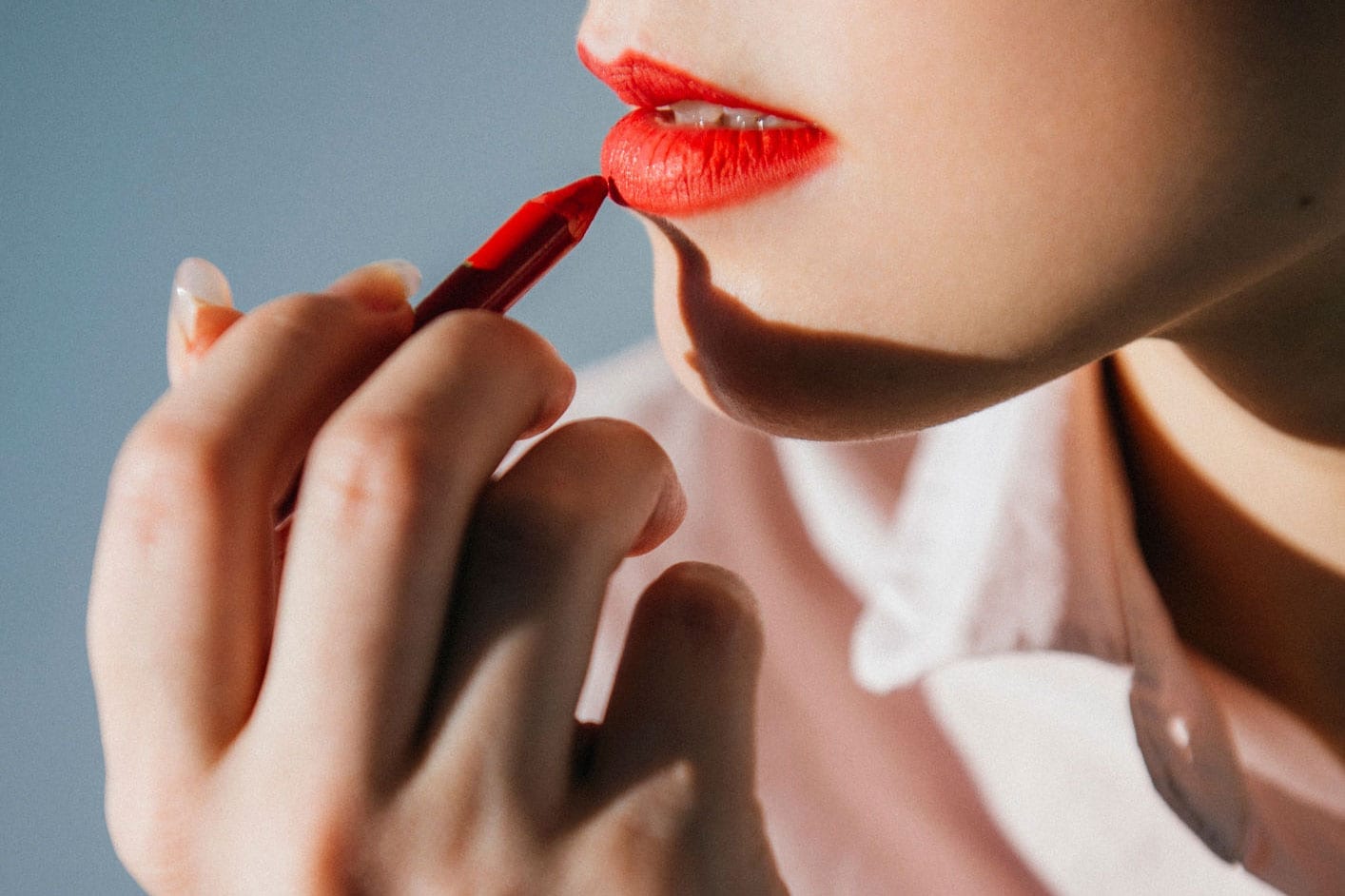 And, many argue that vegan formulations are more effective forms of skincare, especially if you have acne-prone skin. The vitamins, minerals and antioxidants often found in vegan products — think: vitamin E, algae, rosehip oil, camu camu berry — they work to repair and hydrate the skin.
And, many argue that vegan formulations are more effective forms of skincare, especially if you have acne-prone skin. The vitamins, minerals and antioxidants often found in vegan products — think: vitamin E, algae, rosehip oil, camu camu berry — they work to repair and hydrate the skin.
But don’t go shedding your entire medicine cabinet just yet. While pursuing vegan cosmetics is a wonderful value to take on, some remain respectfully skeptical as to all of its wonders. “A double-blind randomized control trial is needed, says New York-based dermatologist, Shereene Idriss, M.D., “ in order to prove whether or not vegan cosmetics are indeed better for the skin.”
We only recommend products we have independently researched, tested, and loved. If you purchase a product found through our links, Sunday Edit may earn an affiliate commission.
